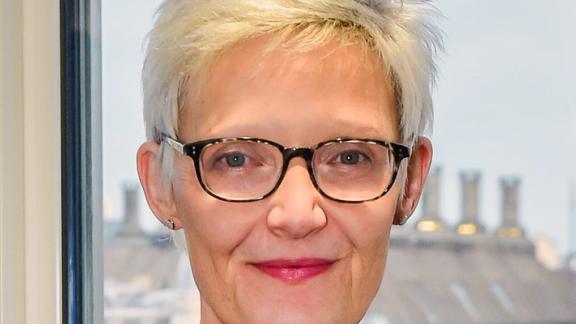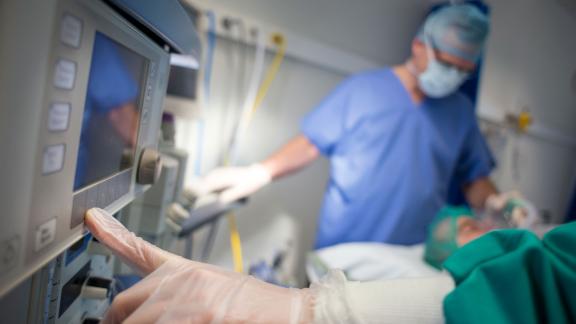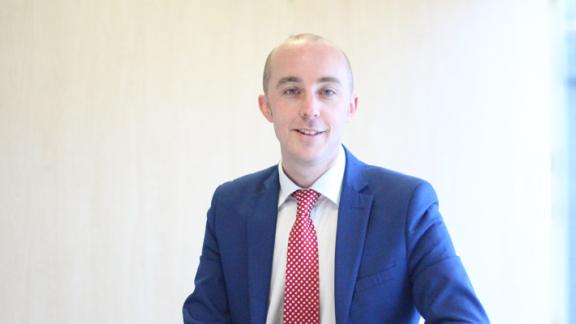NHS Reset: Delivering COVID-19 care - past performance is not a guide to the future

NHS Reset is an NHS Confederation campaign to help shape what the health and care system should look like in the aftermath of the pandemic.
In this blog, Dr Kathleen Ferguson, president of the Association of Anaesthetists, examines the fears among healthcare staff of responding to the pandemic, and what must be done to protect the workforce if it should happen again.
The COVID-19 pandemic has meant many different things to different people. For those delivering care, especially at the front line of primary and secondary healthcare and in the care community, it meant fear: the practical realities of ‘where is the PPE?’ and ‘where on earth does work-life balance fit into this?’ Too many lives of patients and healthcare workers have been lost.
At present our colleagues are tired, but worried. While healthcare and care workers have been applauded for their professionalism, we recognise that we will not be immune from inspection (or is that ‘retrospection’?) and critique for our actions and omissions.
Pride in our members
The Association of Anaesthetists represents about 10,000 anaesthetists in the UK and Ireland, including both trained and trainee colleagues. Many anaesthetists contributed to the care of very sick patients with COVID-19 during the worst weeks of the pandemic, and some still do. Those not directly involved in intensive care units, for example, continued to look after patients requiring emergency, urgent or maternity care during the pandemic when patients, including those with COVID-19, needed operations, or epidurals, or pain procedures, and many other interventions.
We’re proud of how our members have responded. And as an organisation, we’ve helped and supported them with education and updates on the very latest developments relating to COVID-19, provided wellbeing resources, and lobbied for better provision of PPE (and many other areas).
Fearing the unknown
But, what next? Of course, nobody can predict what will happen now. Will the current surge continue to smoulder? Will we see lots of local ‘mini-spikes’ in cases? Will there be another second surge? Will winter flu just add to the crisis? These are our fears – not knowing if we will need to do it again and, if we do, whether it will be bigger and worse next time.
The NHS is called a juggernaut. However, the pandemic has shown that we can respond very nimbly. But the cost, for example to patients waiting for elective surgery and perhaps even cancer and other urgent surgery, is only now being realised. We don’t have the real estate, workforce, equipment, drugs, and PPE to dramatically increase our provision of operations to make big in-roads into the backlog in the next few months.
Invest in our workforce
We need to invest in our workforce – to train more doctors, nurses and other healthcare workers; to provide them with the tools to do their jobs; to support them with wellbeing resources; to provide education on COVID-19; and to research how to look after patients and our staff. One solution may be the further separation (geographically) of our staff, equipment, and back-up facilities between elective/planned care and urgent/emergency care. Another may be an effective vaccine or anti-viral treatment.
As I write this I see other countries, such as the USA, dealing with new surges. We can’t take the chance here of being unprepared for another pandemic. The government this week called for massive investment to help us out of recession. Let’s hope some of that is in our healthcare staff, facilities and equipment.
Dr Kathleen Ferguson is the President of the Association of Anaesthetists. Follow the Association on Twitter @AAGBI



